Emotional Hunger
While loving our children is healthy, dependency or “emotional hunger” toward our kids can be harmful to their development. Child development expert Joyce Catlett discusses the distinction between hunger versus love and the negative effects of over-relying on our children for our own comfort and happiness.
About the Author
Joyce Catlett, M.A.
Joyce Catlett, M.A., author and lecturer, has collaborated with Dr. Robert Firestone in writing 12 books and numerous professional articles. Most recently, she co-authored Sex and Love in Intimate Relationships (APA Books, 2005), Beyond Death Anxiety: Achieving Life-Affirming Death Awareness (Springer Publishing, 2009) and The Ethics of Interpersonal Relationships (Karnac Books, 2009), with Robert Firestone PhD. Ms. Catlett began her career in psychology in 1972, working with autistic children at the Camarillo State Hospital Children’s Treatment Center in Camarillo, CA. A founding member of Glendon Association, she has been a national lecturer and workshop facilitator in the areas of child abuse prevention and couple relations. With Glendon, she has co-produced 40 video documentaries on a wide range of mental health topics. Ms. Catlett was also instrumental in the development and training of instructors in the Compassionate Child Rearing Education Program and in training mental health professionals in Voice Therapy Methodology.
Related Articles
One Comment
Leave a Reply
Popular Posts
- The Over-Parenting Syndrome
Recently several best-selling books as well as a number of child development experts have focused their attention on the growing…
- Psychalive - Psychology for Everyday Life
The Latest Building Trust: Using Mindfulness to Overcome Relationship Anxiety I accidentally found Mindfulness before I ever heard the word.
- How Your Attachment Pattern Influences Your Life
One of the most fascinating things about working in psychology is the chance to explore the invisible forces that shape…
- Understanding Anger
For most of us, anger can be an intimidating subject.
- The Perfect 'Imperfect' Relationship
I don't believe in soul mates.
Related Articles
-
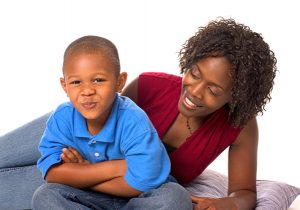
- Should our goal for our kids be for them to be happy?
January 24, 2011
Many times in my office parents say their goal is for their child to be happy. As a therapist, I…
-
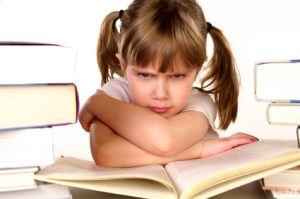
- How to Parent Strong-Willed Kids
September 18, 2017
When people are asked what they most value and cherish, the overwhelming majority say the same thing: their family. Parents…
-
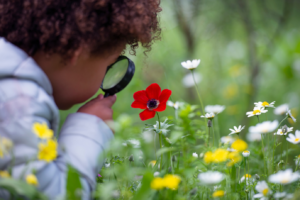
- Parenting to Grow Self-awareness and Self-management
September 8, 2022
Parents teach children to notice and respond to hunger, cold, and a full bladder. We cheer as they connect the…


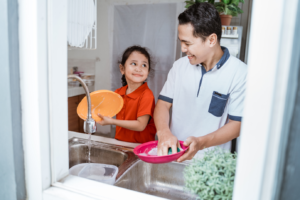
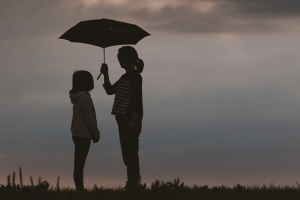

A question directed at Ms. Catlett: when you comment that “so many parents mistake these feelings of emotional hunger for affection because the sensations feel the same internally” do you mean that parents are under the impression that their own feelings of dependency and need (for comfort, stability, support, love from others) are shared by their children, and that they are actually satisfying their children’s (imagined) needs by focusing a certain kind of attention on them? Or is it simply that the child is conveniently available to be used as a source of support? What exactly happens when parents do what the mother you described in the video did to her toddler on the plane? Looking at this statement closer raises a lot of questions about what exactly is going on. I do not doubt that psychologically immature parents use their children for their own purposes all the time, but I am interested in understanding that better. Thanks.